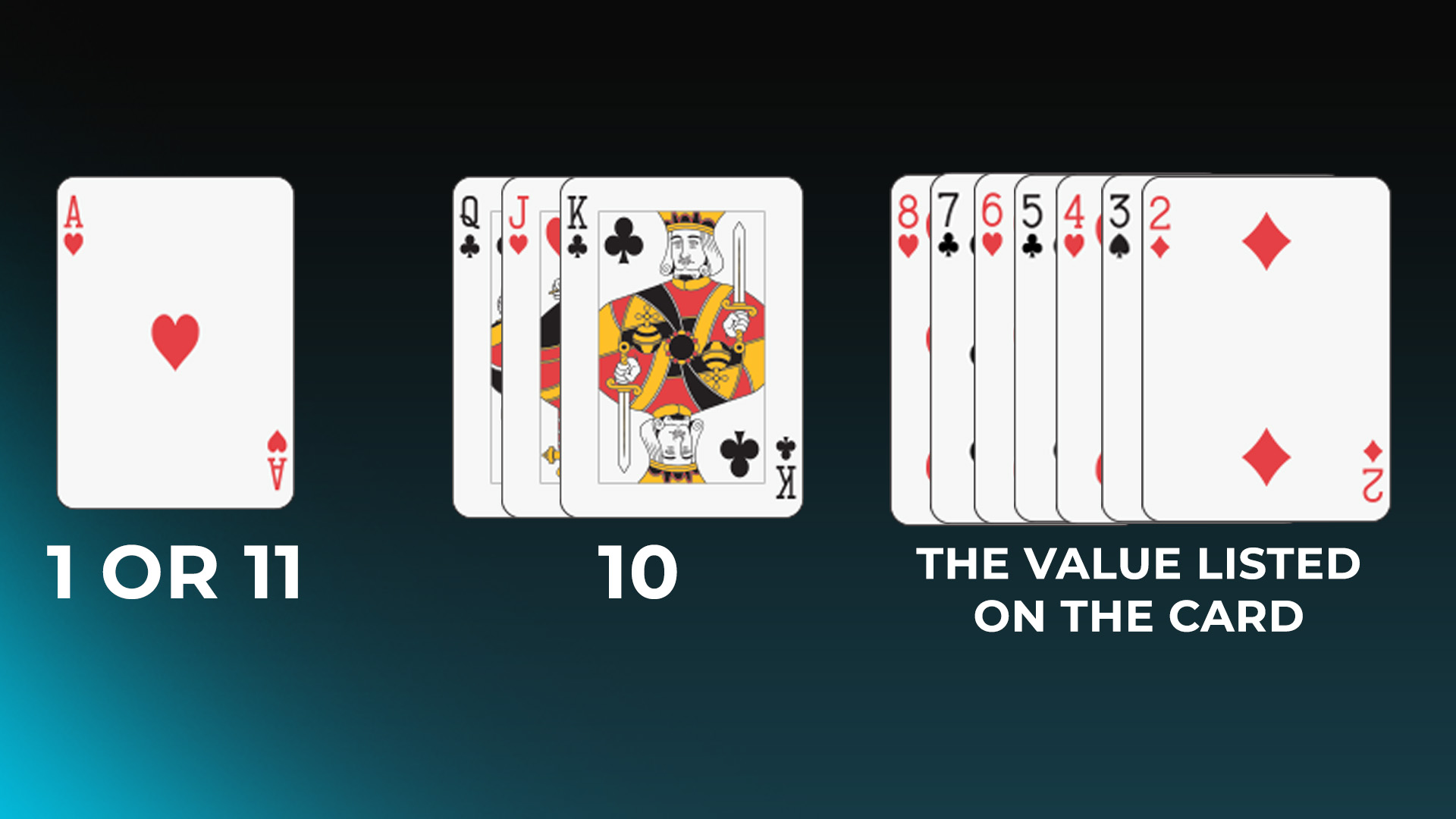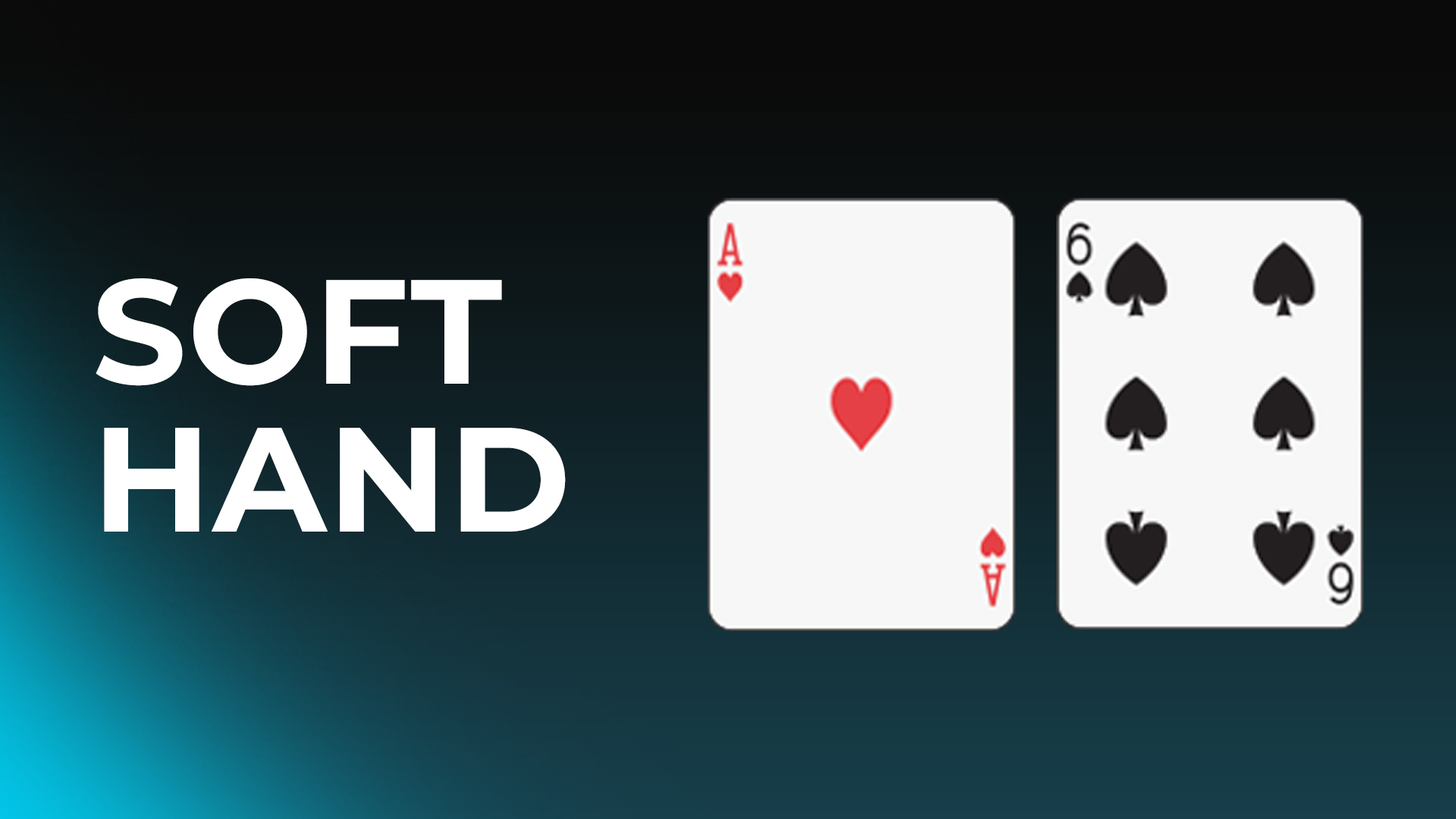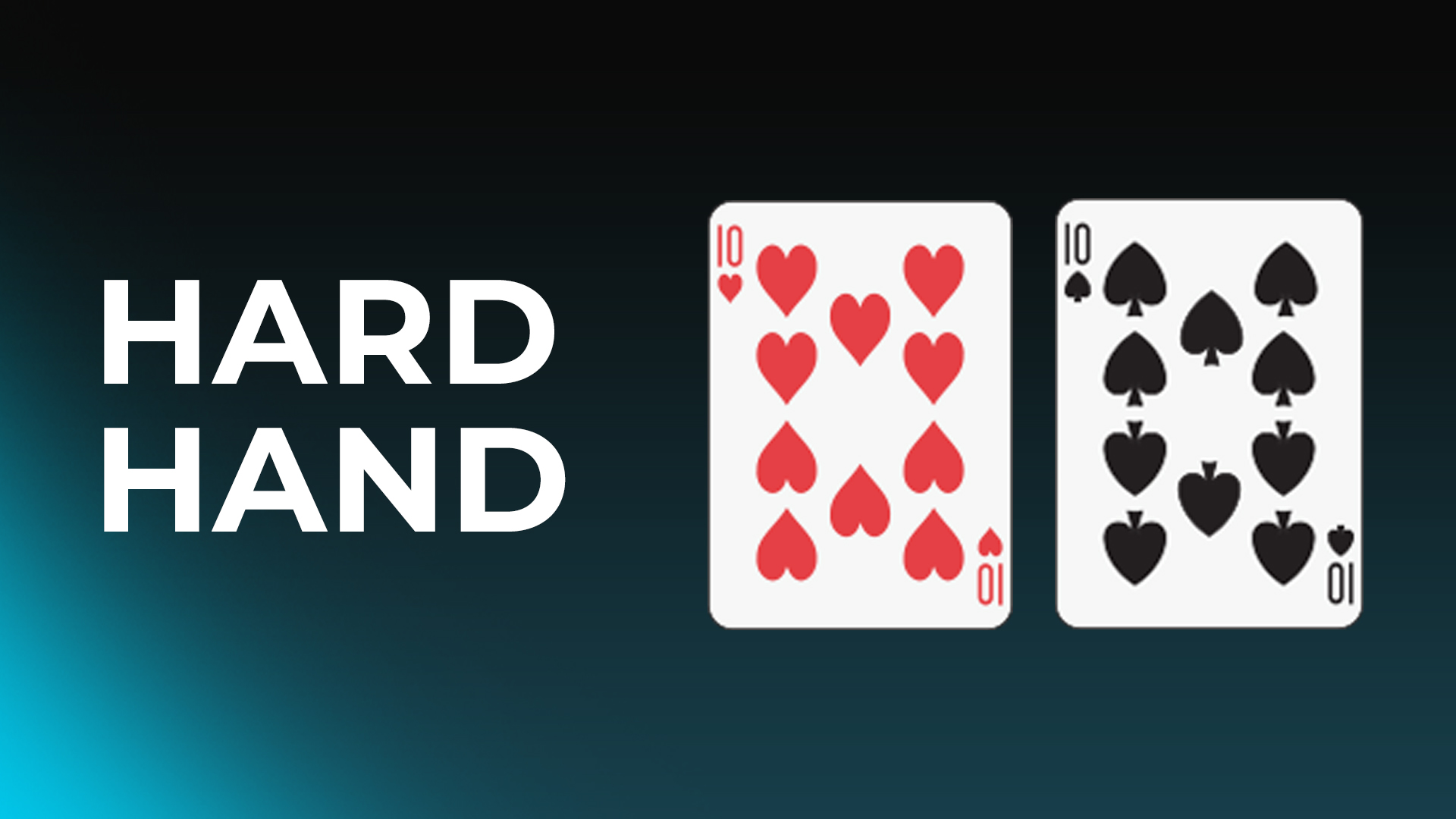How to Play Blackjack
Contents
- The Basics of Blackjack
- Rules of Blackjack
- Betting in Blackjack
- Different types of blackjack games
- Basic Blackjack Strategy
Online Blackjack is among the most popular casino games, with mass take-up across the world. From the big bettors in Las Vegas to a local town casino, you’re likely to find a table or ten no matter where you go. But before you raise the stakes and start playing, it’s best to know the basics.
The Basics Of Blackjack
- The game starts with players placing bets.
- Dealer deals 2 cards to each player in the game and then 2 to himself (1 face up card and 1 face down card).
- All players count up the value of their cards.
- Players must then decide whether they would like to ‘stand’, ‘hit’, ‘surrender’, ‘double down’ or ‘split’.
- The dealer acts last. They must hit if their cards amount to 16 or under and stand on 17 through to 21.
- Players win when their hand totals higher than the dealer's hand or if they have 21 or less when the dealer busts (exceeds 21).
Rules Of Blackjack
It is often misunderstood that the aim of blackjack is to get your hand as close to the value of 21 as possible, this is not correct. The main objective is to beat the dealer's hand in one of 2 ways:
- Having a total that exceeds the dealer's hand.
- By not going over 21 when the dealer does.
Card Values
In all games of live blackjack, all number cards count as their face value. Picture cards, such as Jack, Queen and King each count as 10, whereas the Ace can count as either a 1 or 11.

Busting
If a player or the dealer's hand exceeds the value of 21, this is known as ‘busting.’ This can also be referred to as a “break” if it’s the hand of the dealer which exceeds 21.
For Example
You are dealt a 10-5, draw another card which is an 8, you’re busted as the total is 23.
Hard vs Soft Hand
A hard hand is any hand which doesn’t contain an ace, or if it does, counts it as 1.
For Example
10+6 is a hard 16 AND 10+A+3+2 is a hard 16
Any hand where the ace amounts to 11 is classed as a soft hand. Eg. A+6 is a soft 17 OR A+2+6 is a soft 19.


When you receive your first 2 cards and one of them is an ace, that ace counts as 11. If you are dealt a soft hand and opt to draw more cards, it is common that your hand will convert into a hard hand. The reason it is important you know the difference between a hard and a soft hand when playing blackjack is because it alters the playing strategy, even if the total amount is the same. What we mean by this is a 10-7 (hard 17) would be played differently to A-6 (soft 17).
Betting In Blackjack
As with most table casino games, blackjack is played with chips which represent specific amounts of money. You hand the dealer the amount you wish to play with and they will change the cash into the appropriate chips.
Chip Value: In most casinos and online games, the chips are colour coded to signify a specific denomination and are usually printed with the value also. For example, in Players Suite Blackjack blue equates to £1, red to £5, green to £25 and so on.
Every table, in real life or online, should have specifications around what the minimum and maximum betting limits are. Before any cards are dealt, players must place a bet in their respective betting area ensuring bets are within the realms of the minimum and maximum bets.
Blackjack side bets can typically be found within the game too, providing something slightly different to bet on as oppose to the typical objective of winning.
Hitting Rules
‘Hit’ means you want to draw cards from the dealer to add to your hand. When you "hit", only one card will be added to your hand. Different blackjack tables have different ways of signalling for hitting, due to the nature of the dealing. If the game is dealt using a dealing shoe, where the cards are dealt face up to players and are not touched throughout the duration of the hand, players indicate they want a hit from the dealer by making a beckoning motion or by tapping the table with their finger. However, in hand-held games players should scratch lightly on the felt with their cards.
Standing Rules
To ‘Stand’ in blackjack means that you are satisfied with the value of their hand and no longer want to add any further cards. To indicate you want to stand in a shoe game, wave your hand, palm down, over the cards. In hand-held games, tuck your cards under the chips in your betting box.
Splitting Pairs
If you have two cards of the same value in your hand (for example a pair of 8s or 10s)
players can opt to split them. If you choose to split, you are obligated to make another secondary bet equal to your original bet value. When you split a pair, you are playing each card as a separate hand and are able to draw as many cards as you like into each, except for split aces. You are required to play out one of the split hands to completion before you play the other. Learn more about pair splitting in blackjack and why it is not a recommended strategy.
Doubling Down
This allows you to double your base bet in return for receiving a single draw card, you will not be able to draw more than one. Usually, you can only double down after you have received your starting 2 cards. To tell the dealer you would like to double down in a shoe-dealt game, simply place your chips next to those you originally bet at the start of the hand. In hand-held games, place your cards on the table face-up then place the second bet.
Surrender Rules
This allows you to forfeit a hand immediately at the automatic loss of half of your base bet and if a player draws a card or the dealer hits blackjack, the surrender option is no longer available. However, this isn’t always permitted. If you wish to surrender, simply say to the dealer ‘surrender’ and you will no longer be involved in that round. There are different types of surrender in blackjack, some are more favourable strategies than others.
Insurance
If a scenario should occur where the dealer’s upturned card is an ace, they will ask the players if they want to make an insurance wager, a side bet whereby players are betting that the dealer’s unseen card will be a 10-value card. The insurance bet can be less than or equal to ½ of the initial base bet made at the start of the hand. To place this bet, place your chips on the insurance line located above your allocated betting box. You win the insurance bet if the dealer's unseen card is of 10-value and it pays out at 2 to 1 odds.
Even Money
Should you land a blackjack hand and the dealer has an ace as their upturned card, they will ask you if you want “even money.” This means the dealer will give you a 1 to 1 payoff automatically before they check their downturned card for potential blackjack. This yields the same result as making an insurance bet.
Interesting Fact
Did you know: One of the most famous professional blackjack players is a man called Bryce Carlson. He has remained a fairly mysterious figure in the gambling industry but has been prominent on the blackjack scene for quite some time, ultimately establishing himself as a world-class player. Carlson has been playing blackjack for almost half a century, starting in the 1970s. Over his lengthy blackjack career, Bryce Carlson has rubbed shoulders with some of the biggest names in the game. He’s traded tips with Stanford Wong, Lawrence Revere, Ken Uston, Peter A. Griffin, Don Schlesinger and Arnold Snyder to name a few. It’s from these players that Carlson learned much of what he knows about playing blackjack, from card counting strategies to team play. Blackjack strategy and advanced card counting systems have played a huge part in Carlson’s success at the blackjack table. He even published a book in 2001 titled “Blackjack for Blood” all about his success and it is said to be one of the most comprehensive guides on how to play blackjack in circulation.
Different types of blackjack games
Blackjack comes in many different variations with some providing twists to make the game unique. Having an awareness of different blackjack variants can improve your experience when exploring which game to play and understanding the rules.
European - In this version, one card will be visible to the dealer, with the other card face down on the table. Once all players have played their turn, the second card will be revealed to show the hand of the dealer.
American - Similar to European blackjack, the dealer will receive a face-up card and a face-down card. If the dealer's face-up card is an ace, the dealer's face-down card can be viewed to see if it completes blackjack.
Multiplayer - Bringing together multiple players to play together. During rounds, players can choose to surrender their hand if they feel they won't be able to complete blackjack.
Spanish 21 - There is a big difference when it comes to Spanish 21, with all the cards valued at ten being removed from the deck.
Multi-hand - Adopting similar rules to the classic blackjack game, the only difference is the chance for players to receive up to five hands, rather than the standard one hand.
Basic Blackjack Strategy
There is no guaranteed strategy that will win you a game of strategy, however, having a basic strategy can help you to avoid going bust and make more informed decisions.
A basic strategy can include tips such as:
- Avoiding insurance bets
- Monitoring the dealer to check the value of their hand. Certain values could increase the chances of the dealer going bust.
- Selecting "Hit" until you reach seventeen could help to reduce your chances of going bust whilst aiming for the highest hand possible.
Play Blackjack Online At 21.co.uk
We’ve given you the rundown on all things blackjack related here at 21.co.uk - now it’s your turn. Will you choose to try and beat the dealer and leave the table victorious? If blackjack isn’t your thing, don’t worry - we have a huge variety of online roulette and online live poker games on offer, too.
If you wish to play online casino games with us, please make sure you gamble responsibly. 18+, begambleaware.org


